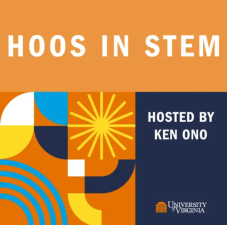Madhur Behl

About
Dr. Madhur Behl is an associate professor in the departments of Computer Science, and Systems and Information Engineering, and a member of the Cyber-Physical Systems Link Lab at the University of Virginia. He conducts research at the confluence of Machine Learning, Predictive Control, and Artificial Intelligence with applications in Cyber-Physical Systems, Autonomous Systems, Robotics, and Smart Cities. Examples include: fully autonomous racing at the limits of control (Agile Autonomy), safety of autonomous vehicles (Safe Autonomy), building world models for robotics, data predictive control for flooding in coastal cities, and AI for building energy optimization.
He is the team principal of the University of Virginia's Cavalier Autonomous Racing team - racing full-scale, fully autonomous Indy cars (HTTPS://AUTONOMOUSRACING.DEV/). Behl is also the co-founder, organizer, and the race director for the F1/10 (F1tenth) International Autonomous Racing Competitions. He is an Associate Editor for the SAE Journal on Connected and Autonomous Vehciles, and a Guest Editor for the Journal of Field Robotics. He also serves on the on the Academic Advisory Council of the Partners for Automated Vehicle Education (PAVE) campaign, to help promote public understanding about autonomous vehicles and their potential benefits. Dr. Behl is an IEEE Senior Member and the recipient of the National Science Foundation (NSF) CAREER Award (2021).
He received his Ph.D. (2015) and M.S. (2012), in Electrical and Systems Engineering, both from the University of Pennsylvania; and his bachelor's degree (2009) in ECE from PEC University of Technology in India.
Education
Ph.D. University of Pennsylvania, 2015
M.S. University of Pennsylvania, 2012
B.S. PEC University of Technology, India, 2009
"Making things go, where they need to go - autonomously !"

